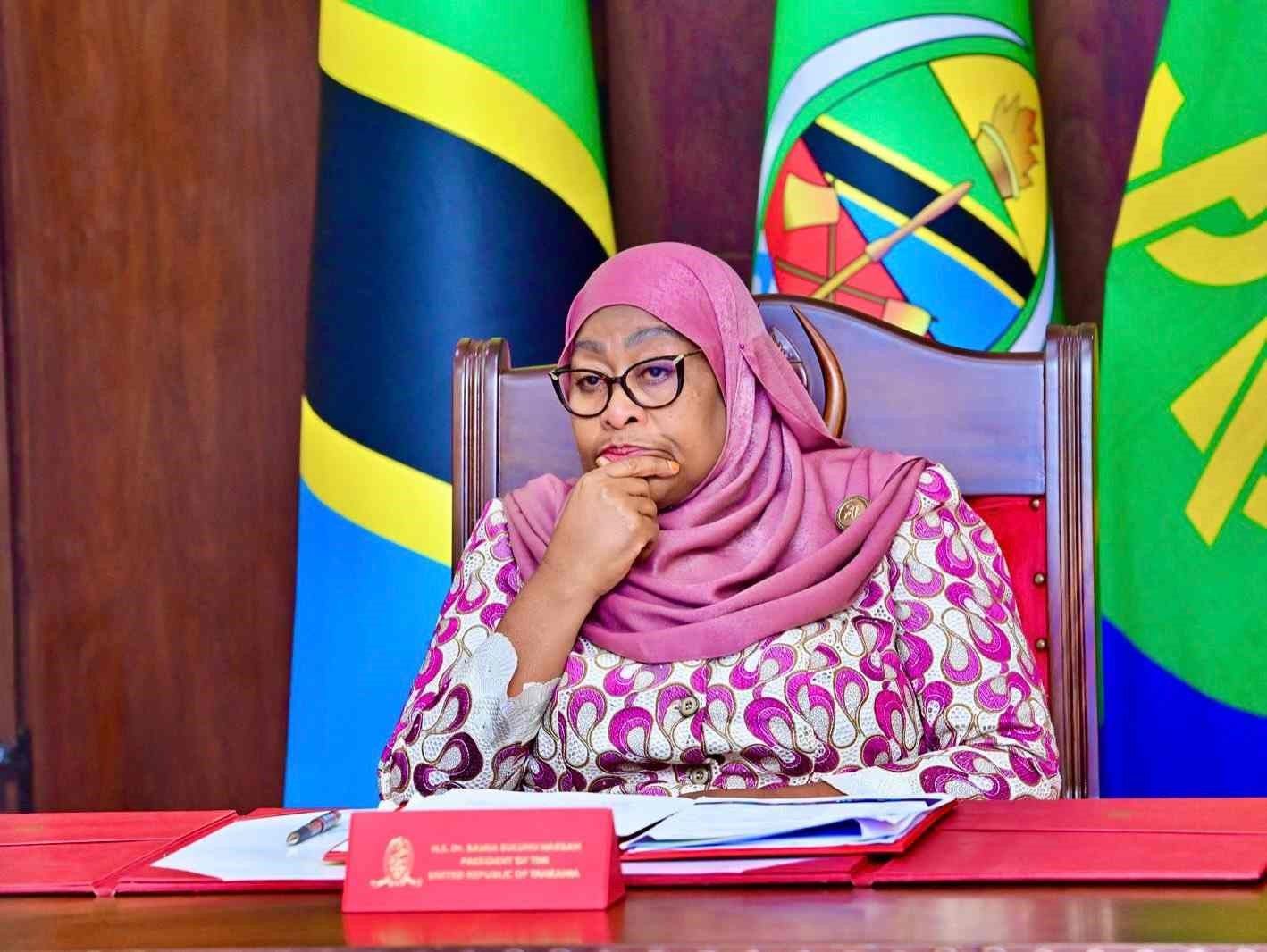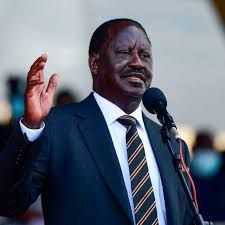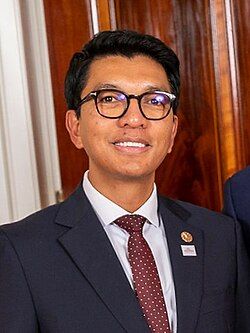Saif al-Islam Gaddafi Killed
Saif al-Islam Gaddafi, the prominent son of former Libyan leader Muammar Gaddafi has been killed in the western city oSaif al-Islam Gaddafi Killed in Zintan, Libya according to confirmed reports. The 53-year-old who was once considered Libya’s heir-apparent was shot dead by unidentified assailants sparking shock and controversy across the country.
Figures close to Saif al-Islam, including his political adviser Abdullah Othman and lawyer Khaled el-Zaydi, confirmed his death on Tuesday. A statement from his political team said he was assassinated by “four masked men” who stormed his residence in Zintan.
Saif al-Islam had been a central figure in Libya’s turbulent history especially during the 2011 uprising that led to the fall of his father’s regime. Seen as the second most powerful man in Libya prior to the uprising, he faced numerous allegations of torture and violence against opponents of Gaddafi’s rule. He was placed on the United Nations sanctions list in 2011 and was banned from traveling internationally.
Following the civil war, NATO forces intervened in Libya and Saif al-Islam was eventually captured and tried in Libya. Despite being sentenced to death in absentia in 2015, he was released in 2017 by a militia controlling Zintan as part of an amnesty. Since then, Saif largely remained out of the public eye though he continued to be wanted by the International Criminal Court (ICC).
In recent years, Saif attempted a political comeback, filing to run for Libya’s presidency in 2021. His candidacy was initially barred but later reinstated though the elections were ultimately postponed amid ongoing political turmoil.
A well-educated and articulate figure, Saif held a PhD from the London School of Economics where he studied civil society and global governance. He played a role in Libya’s negotiations with Western powers, notably on nuclear issues and was involved in mediations related to the Lockerbie bombing and other international conflicts.
Saif al-Islam also proposed various peace initiatives including a one-state solution for Palestine and negotiations to end conflicts in the Philippines and Libya. His death marks a significant development in Libya’s ongoing struggle for stability and reconciliation.









